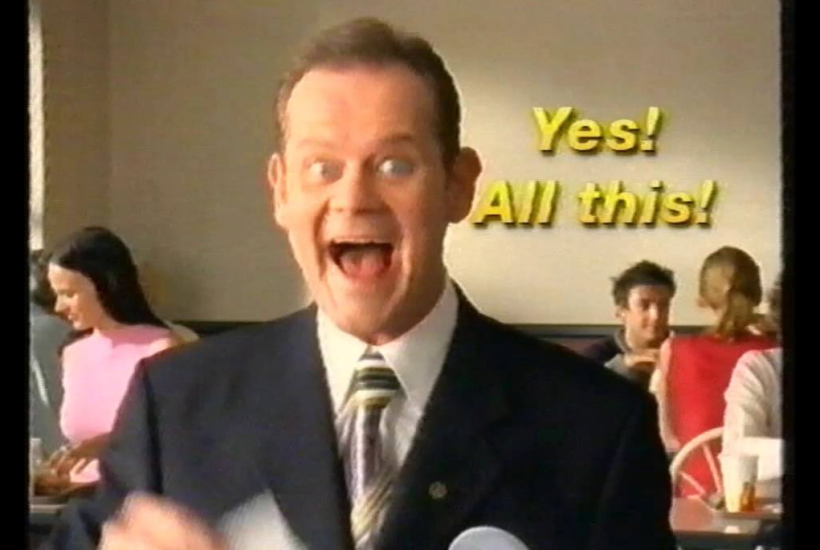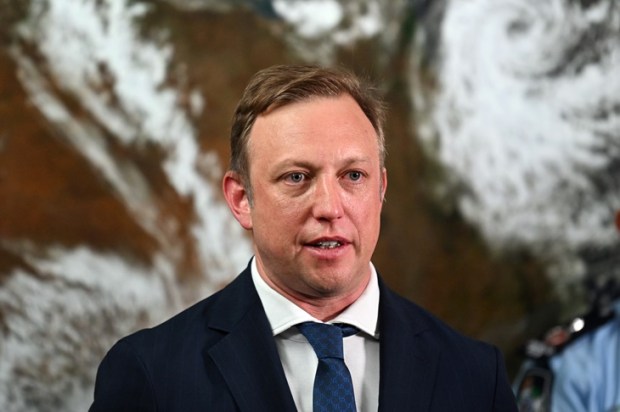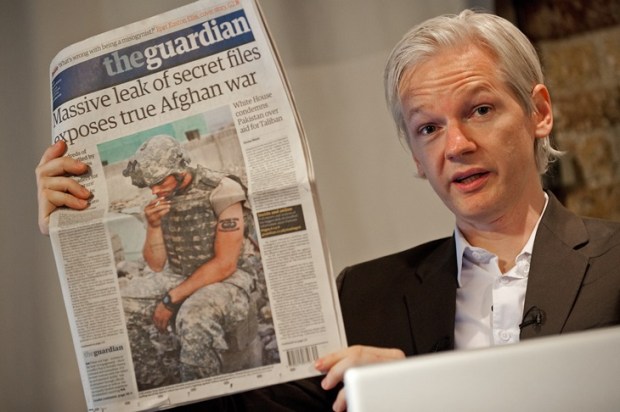Last month’s Victorian election should be a warning sign to the citizens of Victoria and all Australian voters. Something stinks about our politics, but for once, it may not be our politicians we need to blame.
The campaigns of both the Liberal and Labor leaders were both marked by an overt enthusiasm to promise anything and everything to the Victorian voter in exchange for their vote.
Already a subscriber? Log in
Subscribe for just $2 a week
Try a month of The Spectator Australia absolutely free and without commitment. Not only that but – if you choose to continue – you’ll pay just $2 a week for your first year.
- Unlimited access to spectator.com.au and app
- The weekly edition on the Spectator Australia app
- Spectator podcasts and newsletters
- Full access to spectator.co.uk
Or


























Comments
Don't miss out
Join the conversation with other Spectator Australia readers. Subscribe to leave a comment.
SUBSCRIBEAlready a subscriber? Log in